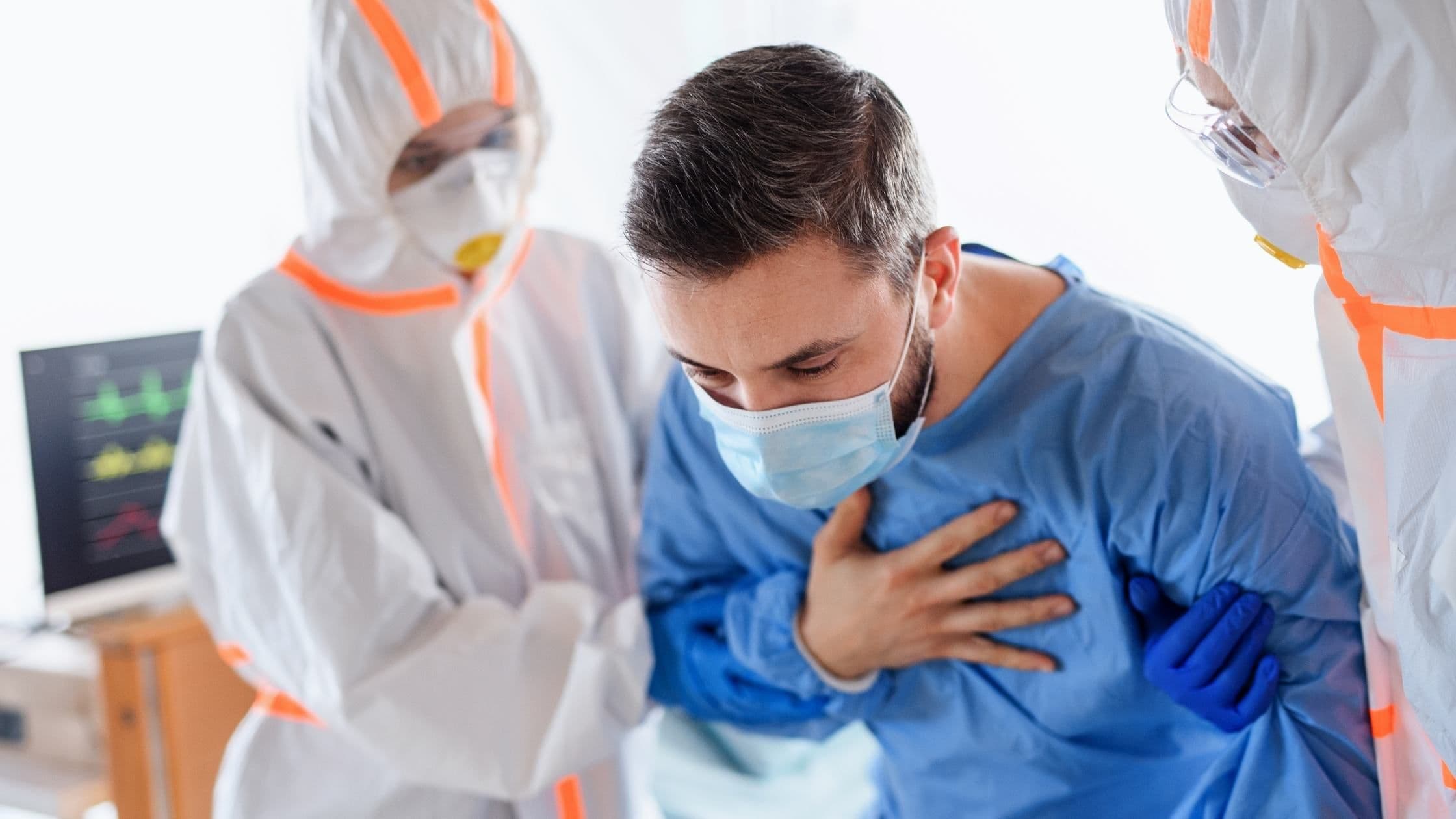A Comprehensive Guide to Infection Consultations
Infections, caused by a vast array of bacteria, viruses, fungi, or parasites, can disrupt your health and well-being. If you suspect you might have an infection, an infection consultation with a healthcare professional is the first step towards effective diagnosis, treatment, and recovery. This guide delves into the world of infection consultations, explaining when to seek one, what to expect during the consultation, and how to prepare for it for the most productive outcome.

When to Seek an Infection Consultation:
Several signs and symptoms might indicate a potential infection. Don't hesitate to seek an infection consultation if you experience any of the following:
- Fever: A body temperature higher than usual, often accompanied by chills.
- Fatigue: A feeling of tiredness or exhaustion that doesn't improve with rest.
- Pain: Pain at the site of infection, such as a sore throat, earache, or urinary tract discomfort.
- Redness or swelling: Localized redness, swelling, or warmth around a wound or other area.
- Drainage: Pus or discharge from a wound, ear, or other body opening.
- Coughing or sneezing: A persistent cough or sneezing, especially if accompanied by phlegm or congestion.
- Diarrhea or vomiting: Frequent loose stools or vomiting, which can lead to dehydration.
- Skin rash: A new rash or skin lesions that may be itchy, painful, or accompanied by fever.
- Urinary symptoms: Burning sensation or pain during urination, or an urgent need to urinate frequently (urinary urgency).
Preparing for Your Infection Consultation: Be Ready, Be Informed
Preparation is key for a productive infection consultation. Here's how to ensure you get the most out of your appointment:
- Gather Information: Make a list of your symptoms, including when they started, their severity, and any aggravating or relieving factors.
- Medical History: Prepare a detailed medical history, including any past surgeries, diagnoses, medications you are currently taking, and allergies.
- Current Medications: Bring a list of your current medications, including dosages and how often you take them.
- Travel History: Inform your doctor if you have recently traveled, particularly to regions with a high risk of infectious diseases.
- Sexual History: Depending on your symptoms, your doctor might ask about your sexual history to rule out sexually transmitted infections (STIs).
- Write Down Questions: Prepare a list of questions you have for your doctor regarding your symptoms, potential diagnoses, and treatment options.
What to Expect During an Infection Consultation:
Your infection consultation will likely involve several components:
- Detailed History Taking: Your doctor will review your medical history, travel history, and lifestyle habits in detail.
- Physical Examination: A physical exam might involve checking your vital signs (temperature, pulse, blood pressure, and respiration), looking for signs of infection like rashes, swelling, or redness, and potentially listening to your lungs or heart for abnormalities.
- Diagnostic Tests (if needed): In some cases, depending on your symptoms and the suspected infection, your doctor might recommend additional tests, such as:
- Blood tests: These can assess for the presence of white blood cells (elevated levels often indicate infection), diagnose specific infections, or measure your body's response to the infection.
- Urine tests: These can help diagnose urinary tract infections and assess kidney function.
- Swabs: Swabs taken from the throat, nose, or other infected areas can be used to identify the specific bacteria or virus causing the infection.
- Imaging tests: X-rays, ultrasounds, or CT scans might be used to visualize potential infections in deeper tissues or organs.

Working Together for a Diagnosis and Treatment Plan:
Based on the information gathered from your consultation, medical history, and any tests performed, your doctor will work towards reaching a diagnosis for the specific infection. Once a diagnosis is established, a personalized treatment plan will be developed:
- Antibiotics: These medications are used to treat bacterial infections. It's crucial to complete the entire course of antibiotics as prescribed, even if you start feeling better, to prevent antibiotic resistance.
- Antivirals: These medications are used to treat viral infections and can help shorten the duration of symptoms.
- Antifungal medications: These are used to treat fungal infections.
- Antiparasitic medications: These medications are used to treat parasitic infections.
- Supportive Measures: Treatment plans may also include supportive measures like pain relievers, fever reducers, rest, and increased fluids.